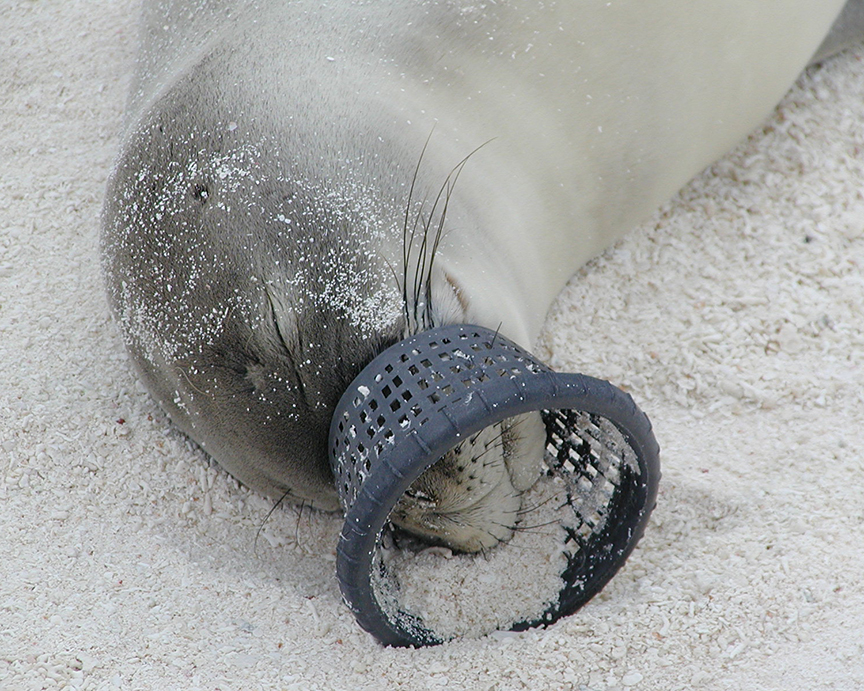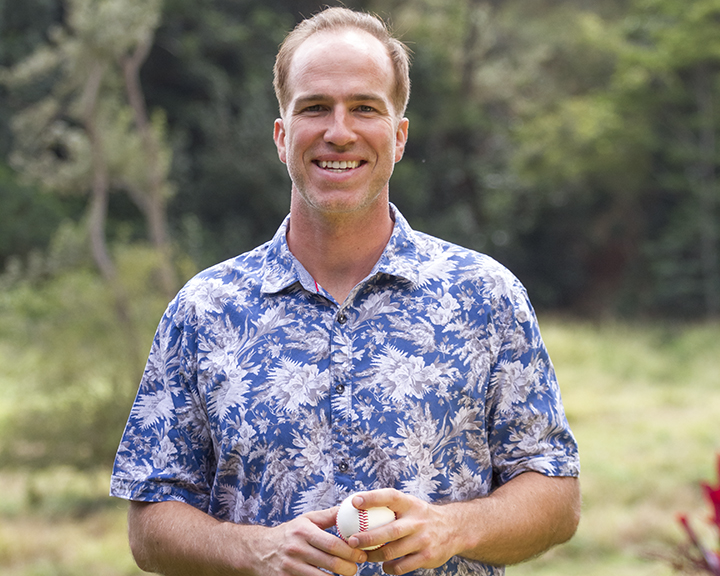 A rich compilation of case studies by island scholars and writers, a recently published book edited by University of Hawai‘i professors explores the diversity of food challenges faced by the state, according to a UH press release.
A rich compilation of case studies by island scholars and writers, a recently published book edited by University of Hawai‘i professors explores the diversity of food challenges faced by the state, according to a UH press release.
Food and Power in Hawai‘i: Visions of Food Democracy, edited by Aya H. Kimura and Krisnawati Suryanata of UH Mānoa’s College of Social Sciences, includes discussions on land use policies, a gendered and racialized farming population, benefits and costs of biotechnology, stratified access to nutritious foods, as well as ensuring the economic viability of farms.
Defying the reductive approach that looks only at calories or tonnage of food produced and consumed as indicators of a sound food system, Food and Power in Hawai‘i shows how food problems are necessarily layered with other sociocultural and economic problems, and uses food democracy as the guiding framework.
“It is tempting to talk about problems of food and agriculture in Hawai‘i in terms of self-sufficiency, but when we discuss it simply as a matter of volume of food, important issues like human rights and environmental impacts of food production tend to get lost,” said Kimura, an associate professor at UH Women’s Studies Department.
“Once you set the goal as a certain percentage of self-sufficiency measured in terms of tonnage, for instance, the most logical answer would be to promote high-input, large-scale, monocropped farming. However, the push for local food is rooted in much richer grounds, and the book reveals those complexities. It is important to consider food issues not only in terms of satisfying the volume needs, but also in terms of human rights, environmental externalities and cultural significance,” she said.

Krisnawati Suryanata
Surynata, an associate professor at the UH Department of Geography, said, “agriculture holds a special place in Hawai‘i, and has long been central to our economy and cultural identity, but much of our conversation on agriculture and food has been triggered by high-profile controversies — such as agricultural land use, biotechnology or food self-sufficiency — which can limit our vision on why we value agriculture. The chapters in this book discuss several phenomena related to agriculture and food and situate them in the broader political economy as a way to understand the diverse ways we engage in food democracy.”
Several key points made in Food and Power in Hawai‘i include:
- Hawai‘i is an integral part of the global economy. Our understanding of food security must go beyond the dichotomy of locally grown versus imported food.
- Debates on food production and consumption need to pay attention to power differences along the line of race, class, gender and citizenship that determine who can access resources necessary to produce/consume food.
- Policies that aim to protecting important agricultural lands have not reconciled the many visions for the future of Hawaiʻi’s agricultural and rural lands.
- While it is important for farms to maintain economic viability, the value of agriculture in Hawai‘i goes beyond its economic contribution as it provides opportunities for people to engage in food citizenship.
- Food-related movements in Hawai‘i that emerged in the last decade are concerned not only with quantitative increase of food produced in the state but also with its cultural, ecological and social aspects.

Aya H. Kimura
Kimura has published on food politics and gender issues. Her books include Hidden Hunger: Gender and Politics of Smarter Foods (Cornell University Press 2013, Winner of Rural Sociological Society Outstanding Scholarly Award) and Radiation Brain Moms and Citizen Scientists: The Gender Politics of Food Contamination after Fukushima (Duke University Press, 2016). Her publications appear in a number of journals including Journal of Rural Studies, Journal of Rural Sociology, Agriculture and Human Values, Social Politics and Gastronomica.
Suryanata’s work utilizes political ecology perspective to examine the globalization of agro-food systems, rural development and community-based resource management. In Hawaiʻi, she has researched and published articles on diversified agriculture strategies, marine aquaculture, volunteer farming and the growth of seed industry in journals that include Economic Geography, Environment and Planning A, Geoforum and Journal of Agrarian Change.
Discover more from ForKauaiOnline
Subscribe to get the latest posts sent to your email.





Leave a Reply